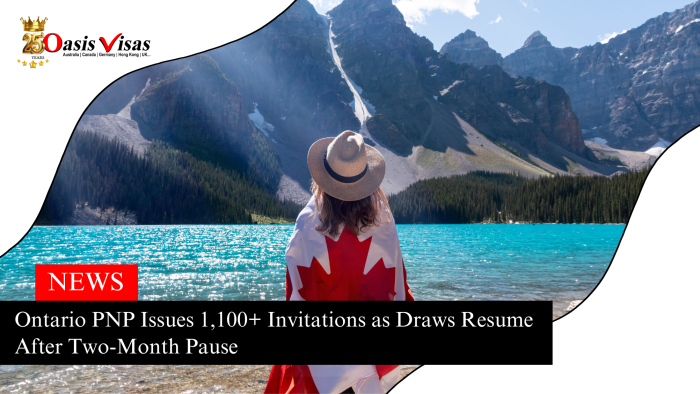
There are many professionals who dream of pursuing a dental career in Canada, especially skilled Indian dentists looking to expand their horizons. Firstly, Canada has a high-quality health system, advanced dental practices, and an increasing demand for qualified dentists. However, an Indian dentist seeking to start a dental career in Canada needs a proper thought process, clear understanding about the regulatory process, and high commitment to fulfilling the requirements to work in Canada.
The journey may seem overwhelming at first, but with proper guidance and the right information, you can successfully transition and establish your career in this thriving profession. This blog aims to break down the steps you need to take as an dentist to start your dental career in Canada while making the process easy to understand.
Understanding Canada’s Dental Regulatory System
There is a very controlled dental profession in Canada; therefore, to get started as a dentist in that country, one must adhere to certain qualifications and certifications to operate. The National Dental Examining Board of Canada oversees the dentistry profession within that country.
A dentist’s first course of action will be to get qualifications accredited by the NDEB, thus proving they met the necessary Canadian qualification standard, thereby opening pathways to certification.
Steps to Start Your Career as an Indian Dentist in Canada
1. Evaluate Your Educational Qualifications
Being an Indian dentist, you have to have your dental degree evaluated by the NDEB. The process includes submitting your educational credentials for the verification of equivalency in Canadian standards. First, check if your university is accredited and ensure you have all the documents: your degree and transcripts.
2. Pass the NDEB Equivalency Process
In case your education is deemed equivalent, you’ll be required to pass the NDEB equivalency exams. It’s divided into three components:
- Fundamental Knowledge Assessment
- Clinical Judgment Assessment
- Clinical Skills Assessment
The test determines your theoretical knowledge, ability to make proper judgments, and clinical dental skills. Several Indian dentists undertake preparation courses to make sure that they can qualify through the demanding assessments.
3. Register in a Dental Bridging Program (if applicable)
If your qualifications do not meet the requirements in Canada or if you do not succeed with the equivalency exams, you may want to join a bridging program in dentistry. This program is to get the internationally trained dentist, even Indian ones, ready for the dental licensing exams in Canada.
4. Apply for Certification from the NDEB
Once you have completed the equivalency process, you will be eligible to receive your certification from the NDEB. This is a critical step in allowing you to practice as a licensed dentist in Canada.
Meeting Provincial Licensing Requirements
After you have earned your NDEB certification, you will need to apply for a license to practice within a particular province or territory. Each province has a regulatory body and different requirements for licensure. For example, the Royal College of Dental Surgeons of Ontario oversees practice in Ontario, while the College of Dental Surgeons of British Columbia regulates practice in British Columbia.
Building Your Career as an Indian Dentist in Canada
Once you obtain your license, you are ready to start your career in Canada. Most Indian dentists start their careers working as associates in dental clinics to gain experience and become familiar with the local dental practice. After some years, you can open your own practice or specialize in areas such as orthodontics, periodontics, or oral surgery.
Challenges You May Face
As an Indian dentist, you will have challenges when you transition into a dental career in Canada:
- Cost of Exams and Courses: Exams and prep courses can be costly at NDEB. You’ll probably need to budget properly.
- Adjusting to Canadian Practice: Regardless of how experienced you may be, adopting Canadian dental technology, practice and standards in patient care does take time.
- Visa and Immigration: You must be sure of your immigration status for living and working in Canada. You may need to apply for a work permit, permanent residency, or study permit at some stage in your journey.
Benefits as an Indian Dentist in Canada
Despite the challenges, many dentists find great success in Canada. The country offers a rewarding career with high earning potential, work-life balance, and the opportunity to work with diverse patients. Furthermore, the demand for skilled dentists in Canada ensures a promising future for dedicated professionals.
Tips for Success
- Stay Updated on Licensing Requirements: Canadian regulations can change. Always stay informed about updates from the NDEB and provincial bodies.
- Invest in Your Skills: Consider taking courses in advanced dental techniques, patient communication, and practice management to stand out.
- Network with Other Dentists: Connecting with other dentists who have successfully transitioned can provide valuable insights and guidance.
Starting your dental career in Canada as an Indian dentist is a fulfilling journey that opens doors to new opportunities and professional growth. While the process is a multiple-step process, from verifying credentials to licensing, every step prepares you for an incredibly rewarding career in one of the world’s leading health care systems.
Following the right path, staying focused, and seeking support when necessary will help you achieve your dream of becoming a licensed dentist in Canada, contributing to the country’s very vibrant dental community. With thorough determination and an effort, the goal of practicing dentistry in Canada as an dentist can become a reality.








